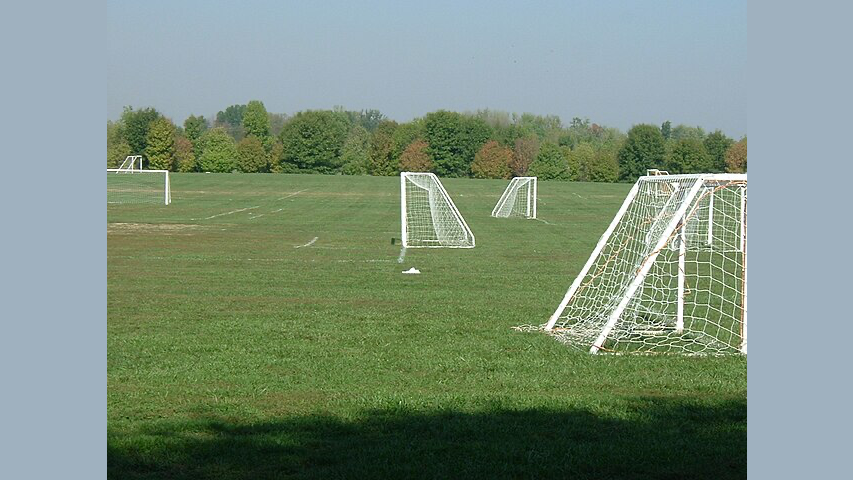Image: Censusdata (talk)/Wikicommons
On Monday, The National Association of Intercollegiate Athletics (NAIA), the governing body for predominately small colleges overseeing approximately 83,000 student-athletes at schools across the country, announced a policy restricting transgender athletes from competing in women’s sports.
NAIA’s Council of Presidents formed the NAIA Transgender Task Force in April 2022. NAIA’s policy had mirrored that of the National Collegiate Athletic Association (NCAA) until January of 2022 and permitted transgender athletes to participate on teams that corresponded with their affirmed gender as long they first underwent a year of androgen suppression.
NAIA shared, “That January, the NCAA changed its policy to treat each sport differently based on the policy of the applicable Olympic national governing body (NGB). For sports with no applicable NGB policy, the NCAA is planning to turn to the policy of the United States Olympic & Paralympic Committee or the international federation for that sport.”
“The NAIA’s task force was charged with determining whether the NAIA’s existing transgender policy needed to be altered and is so, bringing forward a new policy recommendation for the COP’s consideration. After two years of work, the task force proposed a new transgender policy which was approved by the COP on April 8, 2024. The new policy will be effective August 1, 2024.”
In a 20-0 vote, “the transgender participation policy” determines that all athletes may participate in NAIA-sponsored male sports, but only athletes whose biological sex assigned at birth is female and who have not begun hormone therapy may participate in women’s sports.
Those students who have begun hormone therapy are barred from participating in interscholastic competitions but can participate in workouts, practices, and team activities.
While competitive cheer and competitive dance are open to all students, the new policy notes every other sport “includes some combination of strength, speed, and stamina, providing competitive advantages for male student-athletes.”
NAIA President and CEO told AP, “We know there are a lot of opinions, and a lot of people have a very emotional reaction to this, and we want to be respectful of all that,” Carr said. “But we feel like our primary responsibility is fairness in competition, so we are following that path. And we’ve tried as best we could to allow for some participation by all.”
In March, a group of female athletes filed a lawsuit against the NCAA over their decision to allow “transgender” athletes to compete against them and use locker rooms for women.
The lawsuit was filed by the Independent Council on Women’s Sports (ICONS) on behalf of over a dozen female athletes. It alleges that the NCAA violated Title IX, a federal statute that guarantees equal opportunity for men and women in college sports.
It seeks to prohibit biological males from competing against female athletes. Further, it demands the NCAA revoke awards received by “transgender” athletes who competed against women in tournaments that were governed by the organization.
The post National Association of Intercollegiate Athletics Essentially Bans Transgender Athletes from Competing in Women’s Sports appeared first on The Gateway Pundit.





